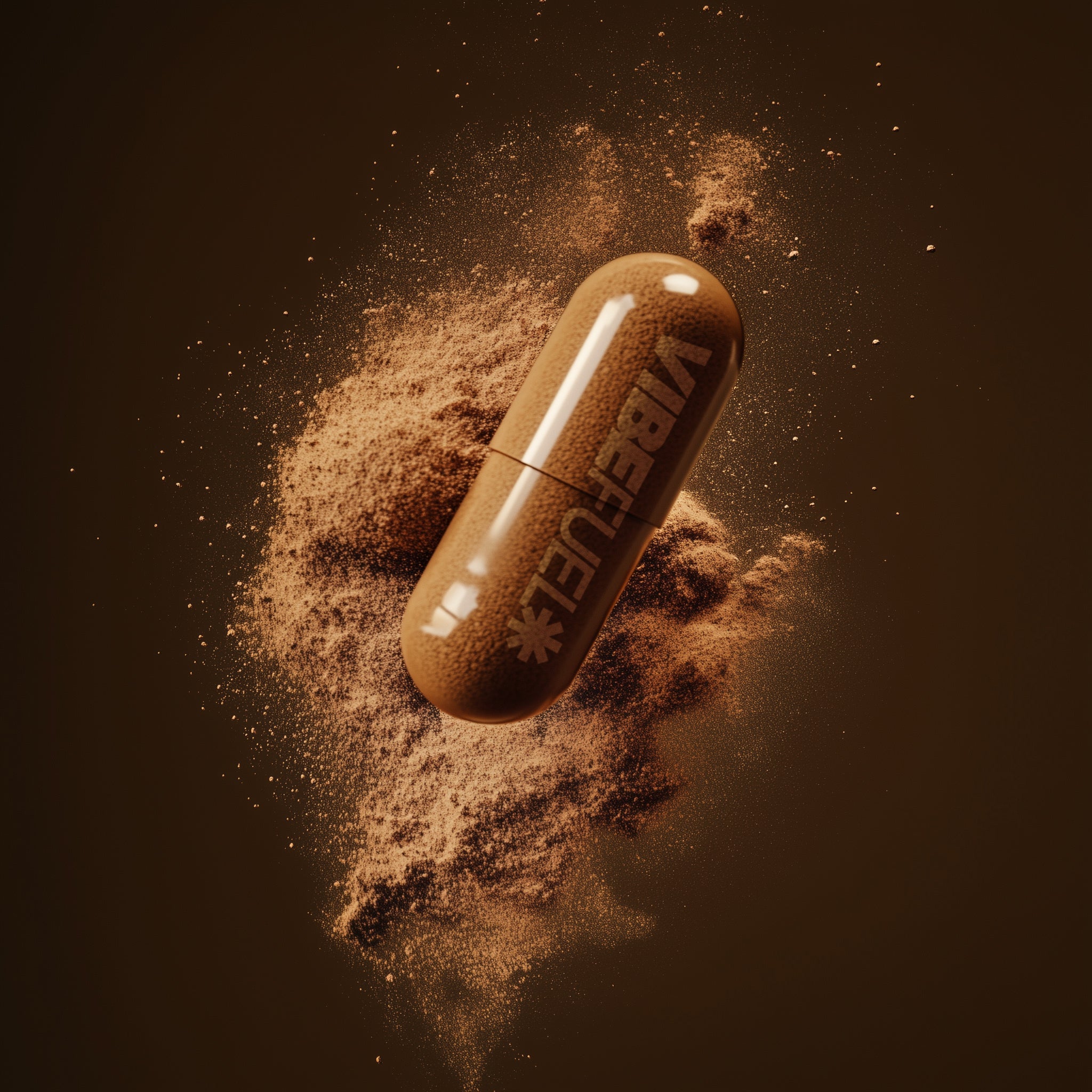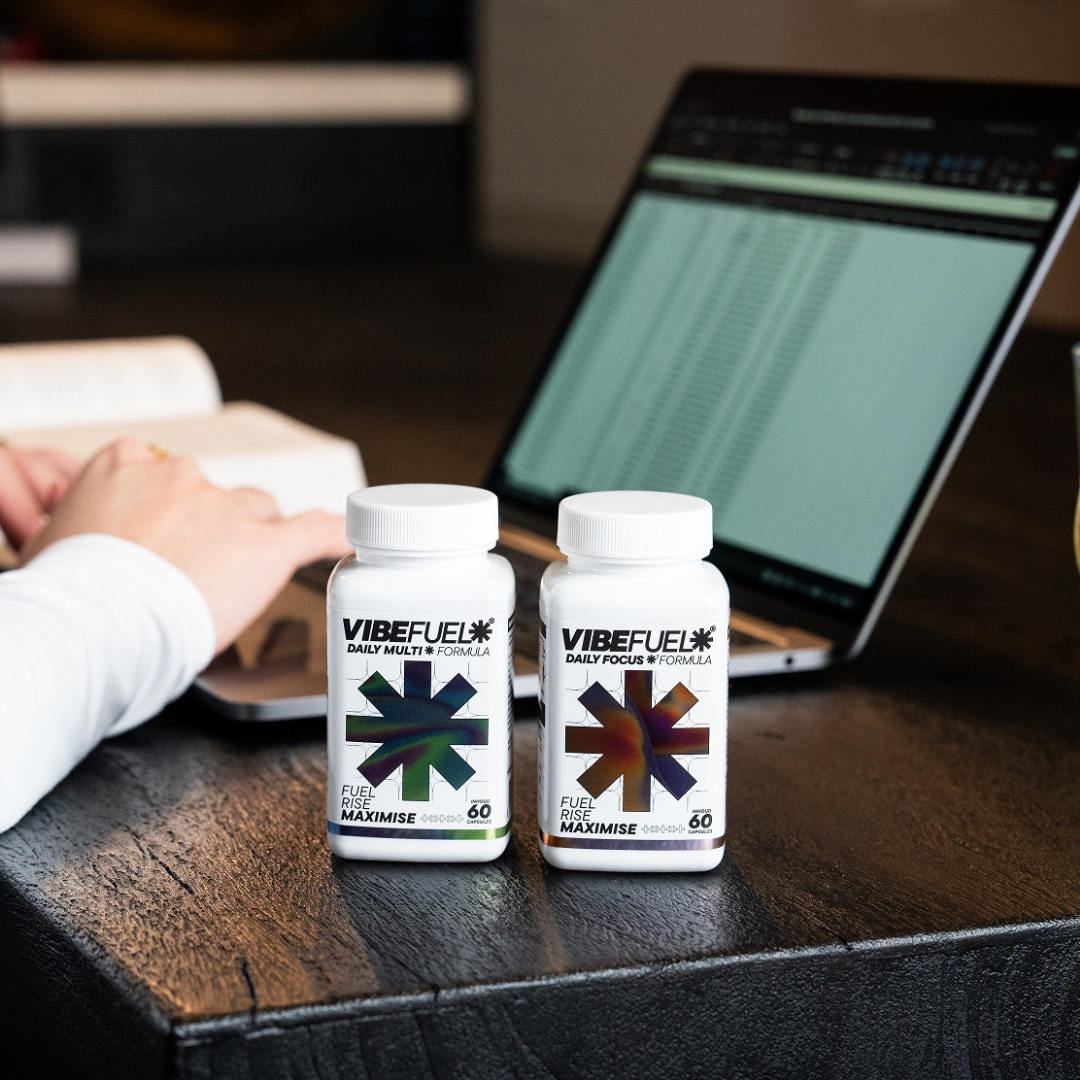“Nootropics” is a collective term for substances and ingredients people use with the aim of modulating mental processes, such as attention, memory or concentration. The term appears both in the context of dietary supplements and in pharmacology. The concept is broad: from everyday nutrients and plant extracts to synthetic compounds. In this article you’ll read what is meant by nootropics, how the term originated, which categories are often mentioned, and which principles around use, quality and safety are relevant in the Netherlands and the EU. For a concise overview, see Nootropics: information and overview.
Background of the term and how the concept broadened
The term nootropic was introduced in the early 1970s by researcher Corneliu Giurgea. He originally described criteria for substances that should beneficially influence mental functioning, along with requirements regarding safety and tolerability. In the years since, the practical meaning of the word has broadened. Today, consumers, media and webshops use it as an umbrella for diverse substances: vitamins, amino acids, herbs and mushrooms, but also synthetic compounds that in some countries fall under medicines legislation. That broad use of the term explains why articles, blogs and product pages sometimes cite different examples while all speaking about “nootropics.” It sometimes connects to broader themes such as biohacking; see What is biohacking?
Natural or synthetic: what is included?
| Category | Description | Examples | Availability NL/EU |
|---|---|---|---|
| Natural | Nutrients and botanicals from foods, plants or mushrooms | Ginkgo biloba, theanines from tea, mushrooms such as Lion’s Mane, omega-3 from fish or algae | Mostly available as dietary supplements, under food legislation |
| Synthetic | Human-made compounds | Racetams such as piracetam and related compounds | Status varies by country — sometimes as a medicine, sometimes not permitted as a supplement |
The classification is descriptive rather than evaluative: it indicates origin and legal status, not suitability. Note that availability, labelling and permitted claims in the EU are tightly regulated and can differ per substance.
What is researched about nootropics?
In scientific literature and product development, various angles are explored, such as relationships with neurotransmitters, brain waves, energy metabolism, blood flow and stress- or sleep-related processes. The quality of evidence differs per ingredient and study design, and findings are not automatically generalisable to all populations. In consumer practice, combinations of ingredients are also used, often called “stacks.” There too, composition, dosing and individual response are decisive, and general conclusions are difficult without robust research.
Use and timing: general considerations
People apply nootropics in contexts such as study, work or sport. Regardless of the situation, it is sensible to follow labels, start with a low dose and avoid unnecessary stacking. Mind caffeine content if you are sensitive to intake later in the day. Do not combine supplements with alcohol or medication without consulting a physician or pharmacist. For pregnant or breastfeeding people, children and those with a medical condition, prior advice is especially important.
Ingredients often classed as nootropics
The list below provides a neutral overview of frequently mentioned examples in media and literature. It is not advice or a ranking. Some of these are also referred to as “adaptogens”; see What are adaptogens? For standalone background articles per substance, consult the overview of nutrients.
- Caffeine — a common plant alkaloid in coffee, tea and cocoa.
- L-theanine — an amino acid naturally present in tea leaves.
- Ginkgo biloba — extracts from the leaves of the ginkgo tree.
- Omega-3 fatty acids — typically derived from fish oil or algae oil.
- Lion’s Mane — a mushroom used in cuisine and traditional contexts.
- Cordyceps — a mushroom present in various traditions.
- Rhodiola rosea — a plant from cold regions with traditional use.
- GABA — a naturally occurring neurotransmitter, also available in supplement form.
- Choline sources — nutrients that serve as precursors to acetylcholine.
- Racetams — synthetic compounds that are not permitted as supplements everywhere.
Safety, quality and regulation in NL/EU
In the EU, dietary supplements fall under food law. Health claims are only permitted if they are approved by the EU. Product safety and correct labelling are mandatory; in the Netherlands, the NVWA supervises this. Not all substances offered online as “nootropic” are automatically allowed as supplements. Always check whether a product complies with EU and local rules, including a clear ingredient list, batch or lot number and origin information.
When making your choice, pay attention to consistent dosages per serving, allergen information, possible interactions with medication and your own sensitivities such as caffeine. Buy from trustworthy suppliers who are transparent about formulation and manufacturing. In case of complaints or doubt, consult a physician or pharmacist. Supplements are not a substitute for a varied diet or professional care.
Frequently asked questions
What do nootropics do?
Nootropics is a collective term for substances that people use with the aim of modulating mental processes. Research explores various mechanisms. Outcomes differ by ingredient and person, so general statements are not possible.
What are the downsides of nootropics?
Downsides can relate to product quality, inaccurate labelling, interactions with medication, sensitivities and differences in legal status by country. Choose transparent suppliers and seek medical advice if in doubt.
What is the best nootropic?
There is no universal “best” nootropic. It depends on your situation, ingredient selection, formulation and tolerance. Preferably do not start with complex combinations and always assess label, origin and EU compliance.
What are natural nootropics?
This generally refers to nutrients and botanicals, such as tea-derived ingredients, herbs or mushrooms. In the EU they mostly fall under dietary supplements and follow the corresponding rules for composition and claims.
Want to read more about VIBEFUEL ingredients and formulas without health claims? View our assortment at vibefuel.com.



To share:
Nootropics for brain fog